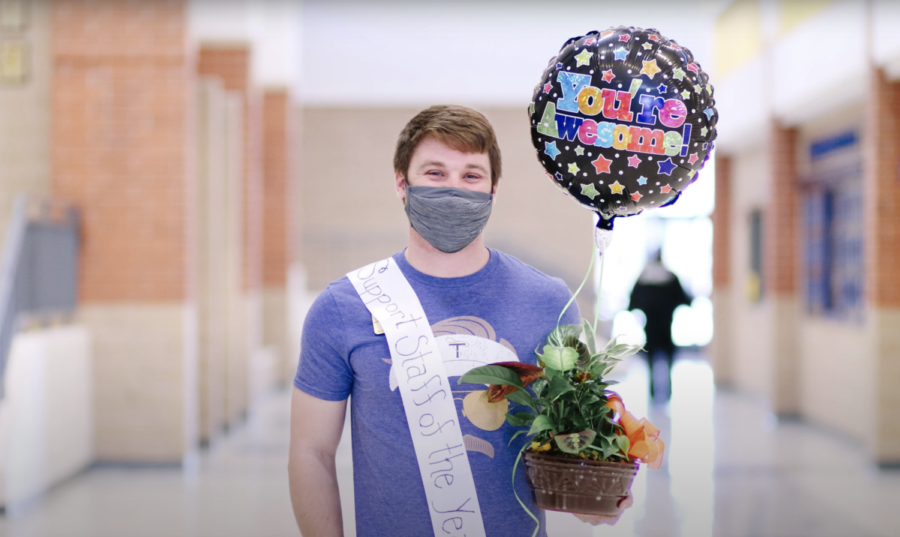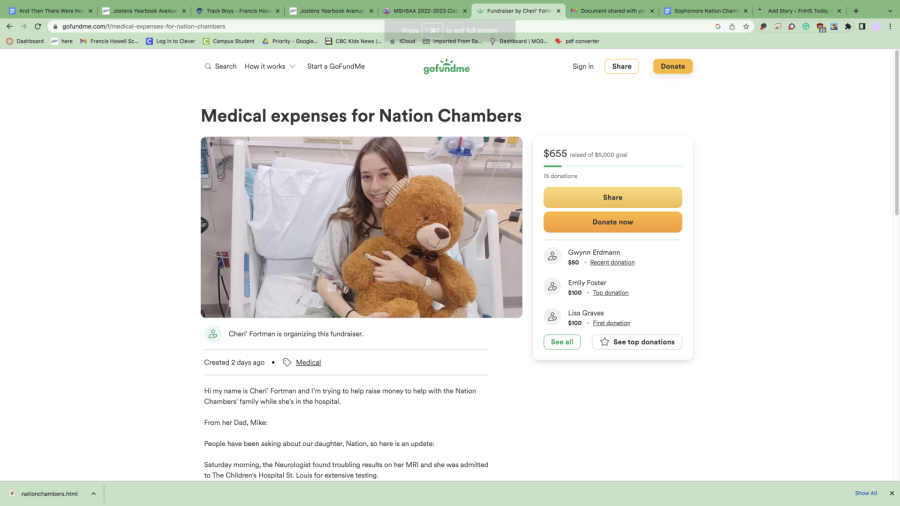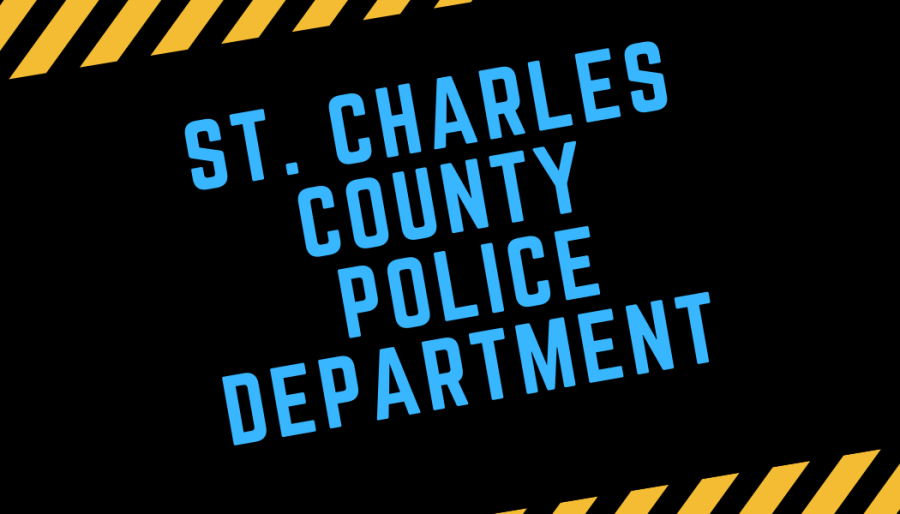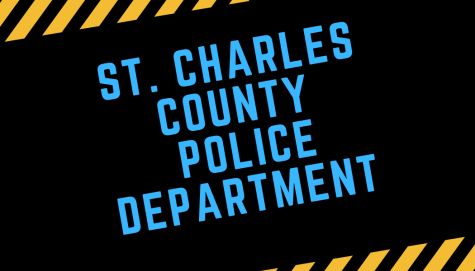Final Tips
How to conquer the three worst days of the school year
- Go to bed early. Sleep helps you to feel more refreshed and a well-rested brain can retain more information and knowledge.
- Don’t procrastinate. If you leave all of your work and studying for the last minute then you’ll have to stay up later–which in turn prevents you from following the previous tip of going to bed early.
- Get a study group. It’s often easier to retain information if you talk about it with others and study with someone else.
- Eat a good breakfast. If you eat the right foods, it will give you energy for the day and prepare you for the big tests. Certain foods will give you energy for a while but then make you crash later on.
- Put the phone away. It will only distract you when you’re trying to get “in the zone” and might make you want to give up and do other things.
- Don’t cram. Studying for too long can overwhelm you and cause you to even forget things that you previously remembered. Study in intervals and take breaks–but not too many.
- Practice. Practice tests can help to prepare you and test your memory of the information. If you miss a question, then you know to study that topic more.
- Listen to classical music. This can help while you’re studying because it’s relaxing and can be used as background noise to fill the quiet. You’ll often find yourself singing along to music with words, so this can stimulate your brain and also keep you focused.
- Start broad. Study the most general information first, and then move to the smaller details. The broader topics are more important and are easier to remember–so you can move on to the more specific things later.
- Take notes. It’s easier to remember things if you write them again–especially if you do this several times. Another helpful technique is to read the information you need to know and to summarize the most important parts.



































